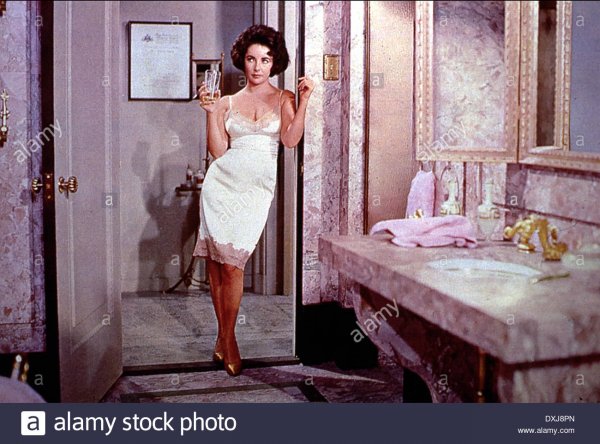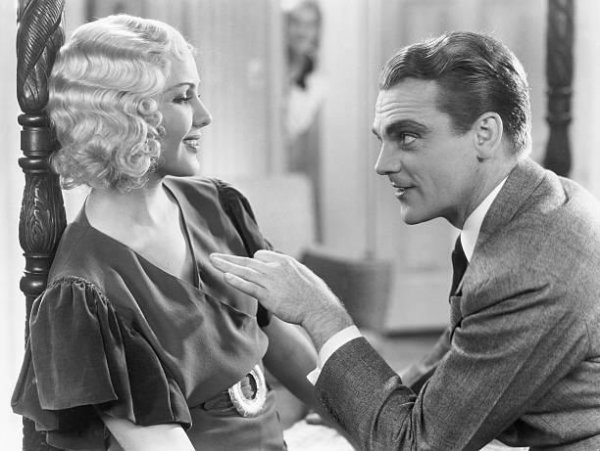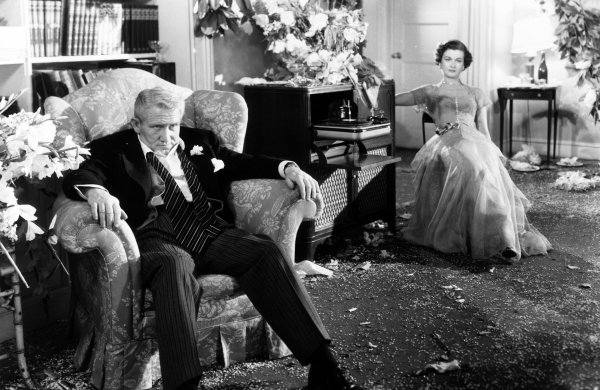Harp
I'll Lock Up
- Messages
- 8,508
- Location
- Chicago, IL US
^Margin Call sounds a brokerage firm flick. I once worked an overnight trading desk
at a Chicago commodity brokerage and this particular "call" was made every nite-always
to the amateurs who insisted on sitting in on professional stud poker.
at a Chicago commodity brokerage and this particular "call" was made every nite-always
to the amateurs who insisted on sitting in on professional stud poker.





